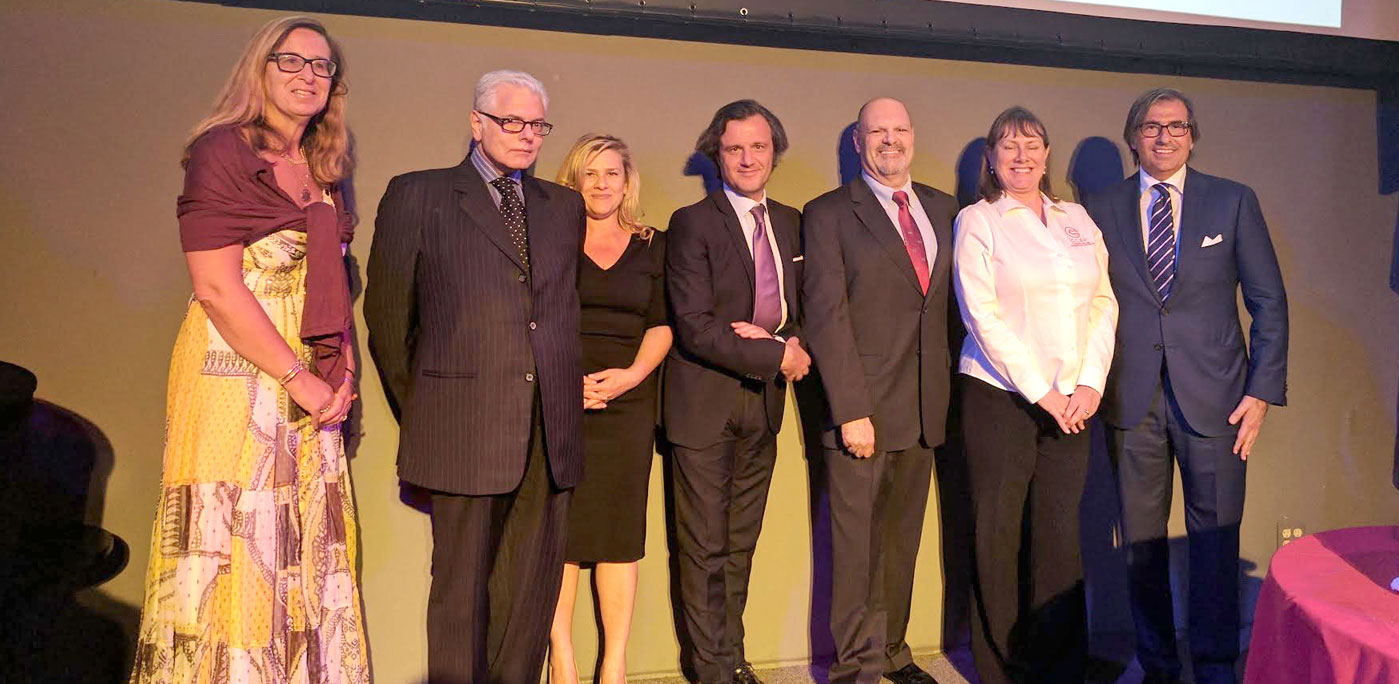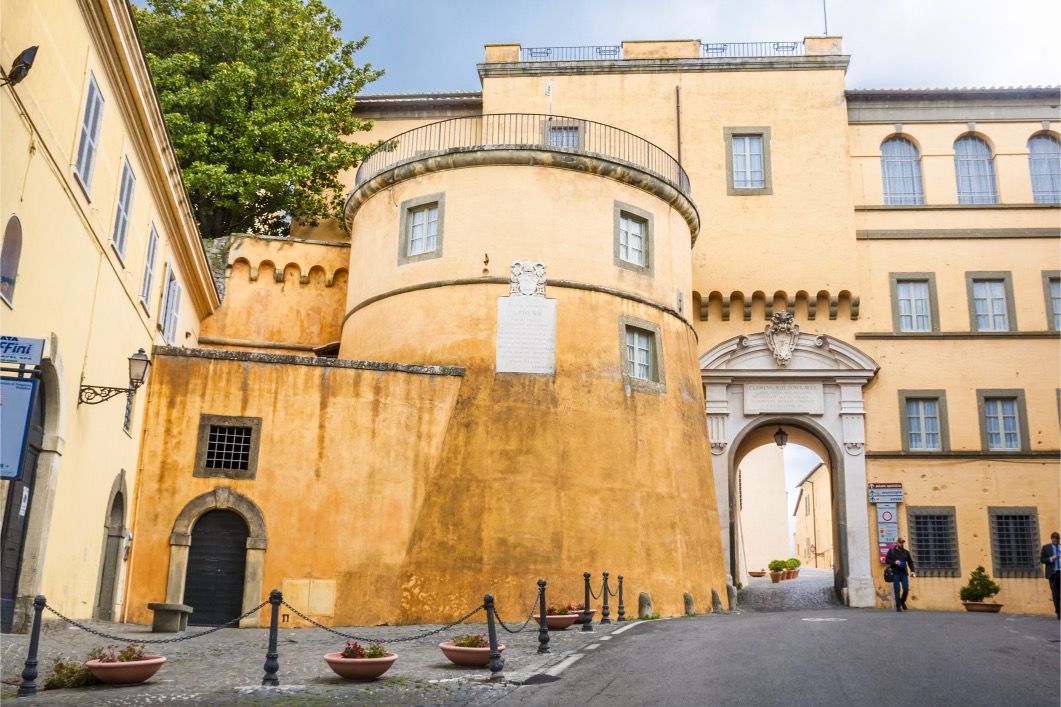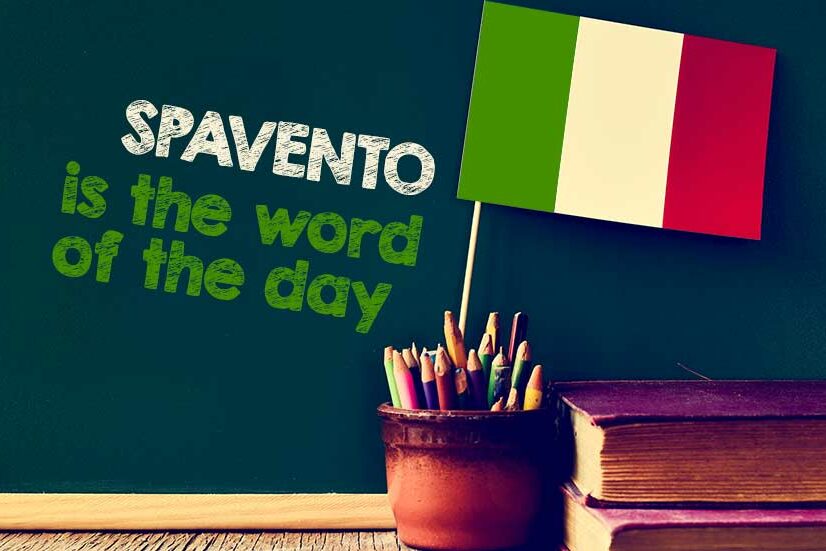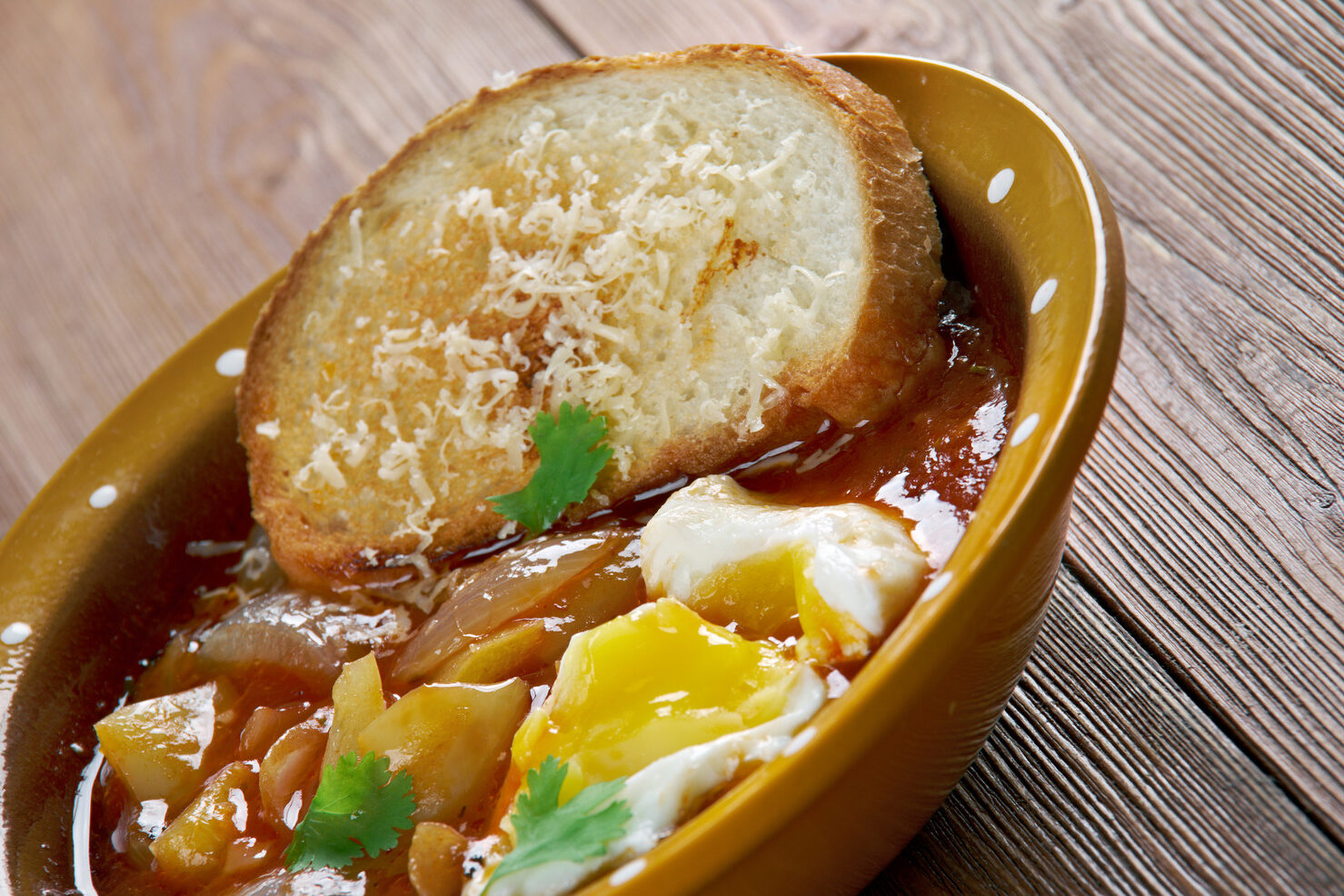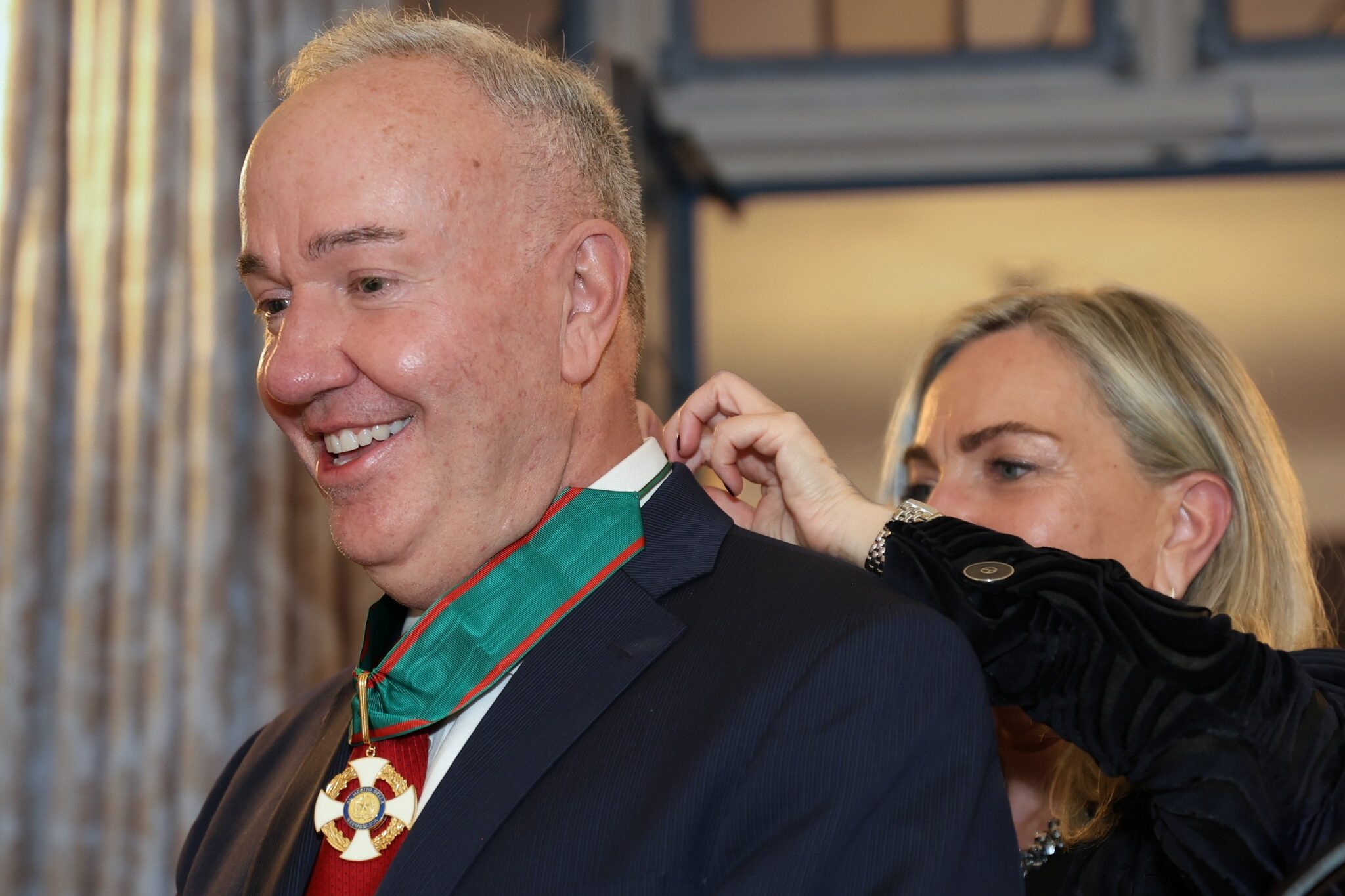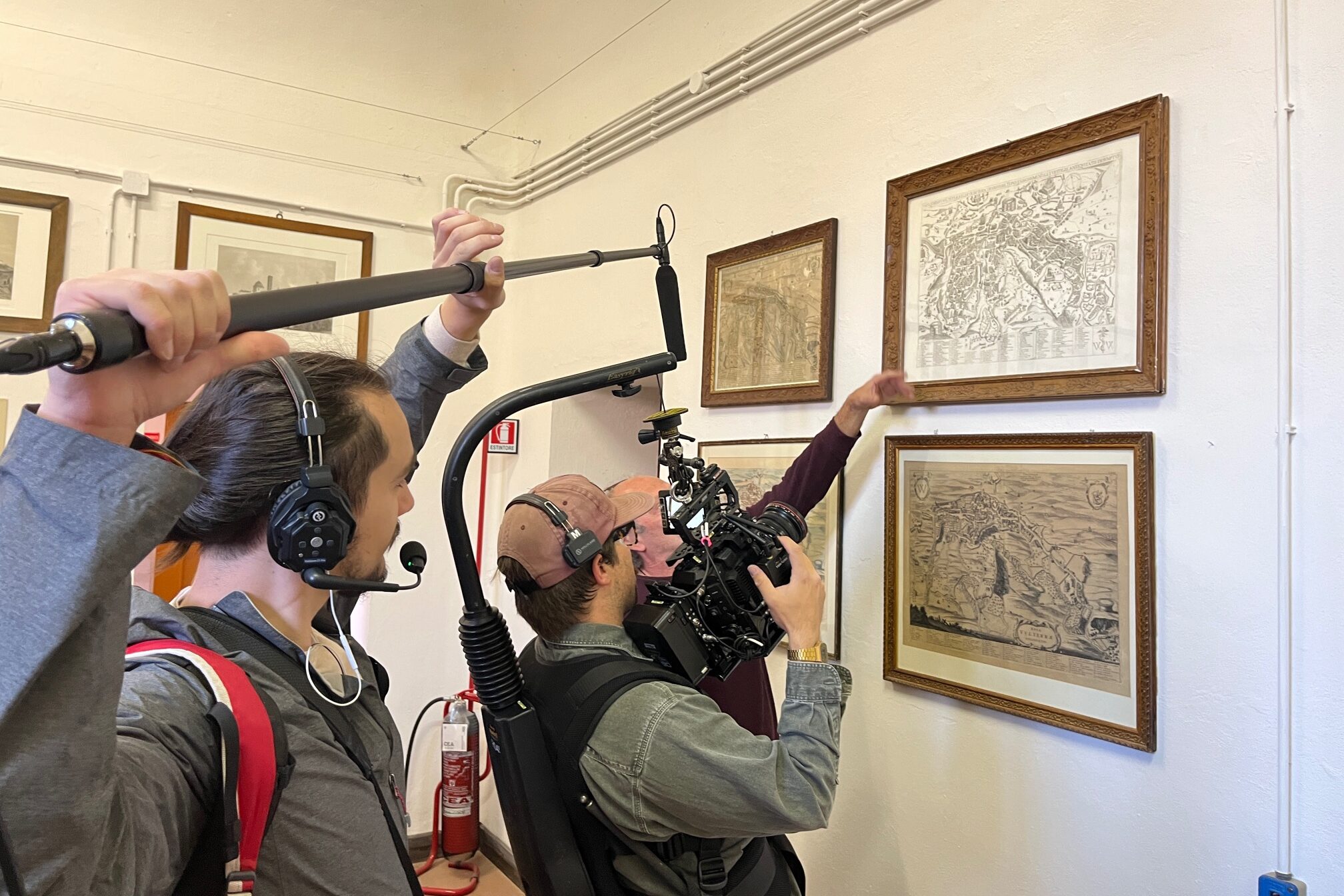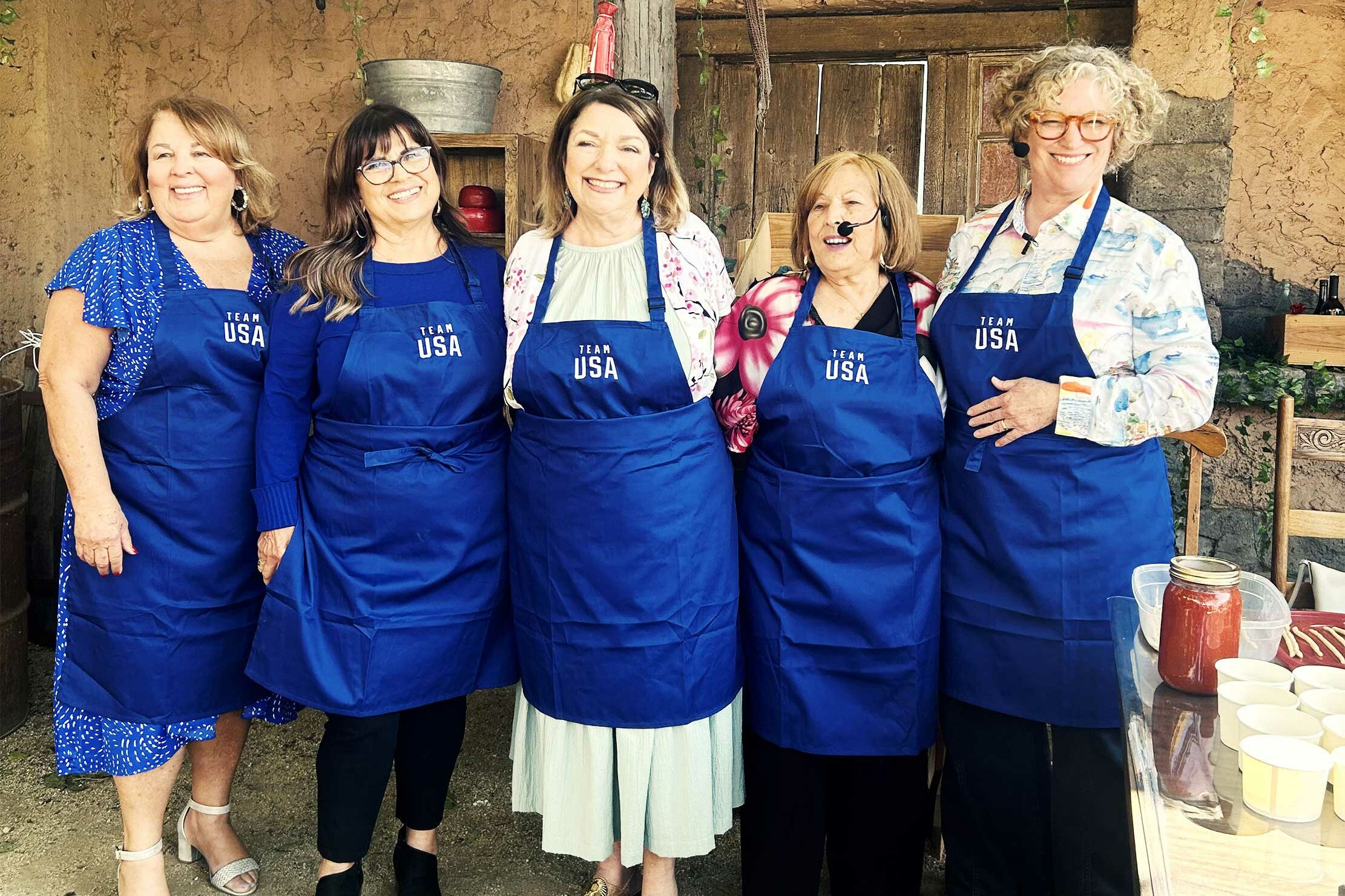For the first edition of the LA Food Bowl festival, organized by the Los Angeles Times, the Italian Institute of Culture of Los Angeles intends to focus the attention on the excellence of our culinary products with two events dedicated entirely to one of the most appreciated Italian products all around the world: Olive Oil.
While the brand Filippo Berio is turning 150 years old, “the goal of the entire event is to bring Italian excellences into the Institute. The Filippo Berio Industry is a champion in that. We have many events planned, in order to reach our main goals, with chefs and experts from here and from all over the world. We want to present the international cuisine existing on the Los Angeles territory, especially the Italian cuisine since it is one of the most relevant in the world, without any doubt” said the director of the Italian Institute of Culture, Valeria Rumori.
With 150 years of experience, Filippo Berio has been offering exceptional varieties of olive oil for cooking, earning a top place among the Italian businesses known all around the world. Marco De Ceglie, CEO of Filippo Berio North America, has been the protagonist of the event ‘Olive Oil In Focus’, expressing the importance of their brand and the secret of its long last success.
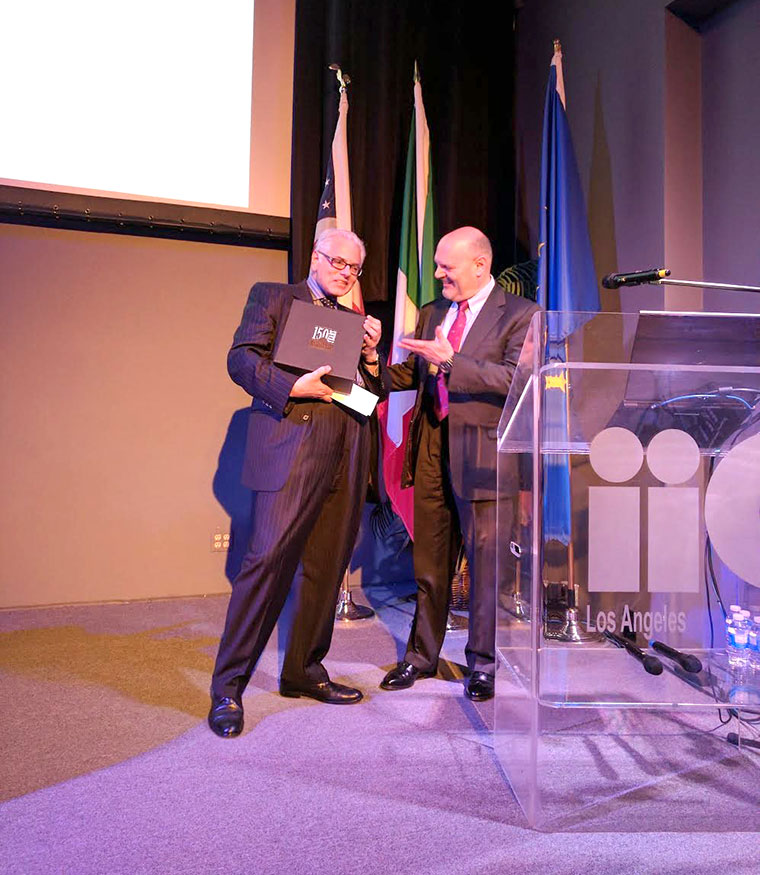
Consul General of Italy in Los Angeles Antonio Verde & Marco de Ceglie – CEO Salov NA
How would you explain this event, Olive Oil in Focus’? What’s the concept behind it and its main goal?
“We are celebrating the 150th anniversary of the Filippo Berio and we are starting a series of events to tell the story of this brand as one of the Italian excellences in the world. Throughout the years, it achieved many important results also for our country. I wanted to share our culture, our history, because it’s a good example of Italian history.”
How will the program market Italian products?
“The main thing that we promote is the value of every single person. Quality and success depend on the quality of every singular employee. I’m proud Filippo Berio founded such a good industry. We are an Italian brand and we make quality products. We openly say that some of our oils are blends, not only Italian, and the quality of our products is due to the possibility of mixing different oils with different origins maintaining the organoleptic profiles that our clients appreciate. It’s a very peculiar job and we need high qualified people to do that. The ‘Country of Origin’ concept it’s more like a bureaucratic idea. It’s people who make quality, not a piece of paper specifying the country of origin of the products. Not all our products come from the same place, but we are an Italian business and we make quality products from 150 years now. There’s just people who works well and there’s people who don’t work that well”
Italian products are more expensive to buy and to import. Often, Italians themselves import mediocre products and include them into a high quality price range. How is it possible to educate the consumer to buy real Italian products and make him/her used to the taste?
“We invite customers to try our products. On our website, we have a list of oil combinations for different foods and we give suggestions and informations on our varieties. Generally speaking, brands are born to mark a certain product (ex: Filippo Berio: Olive Oil). My suggestion would be to find a good brand and trust that more than pieces of paper. It’s true, olive oils are a bit more expensive, but producing a good olive oil has high costs. However, higher cost does not always imply better quality. There are some factors that indicate the quality. People must be willing to pay for quality, not inefficiency.”
As an Italian, how would you explain and define this world-known macro concept of Made In Italy?
“Undoubtedly, Italy has a very rich history and tradition regarding food, fashion, and cars. I believe this is strongly related to the culture that impregnates our country. Speaking about olive oil, some people think about calories, but if we think about Italian food, it is made of colors, flavors, conviviality. There’s a whole world surrounding it and this comes from a certain culture Italy has. From many years now, Italy makes culture. We are surrounded by history and this leaves a trace in our minds. This is ‘Made in Italy’: producing excellence with a background of culture, conviviality, tradition that many countries do not have, or have in a different way. Again, ‘Made in Italy’ is made by Italians.
Pieces can come from anywhere. It’s the people putting ideas and concepts together that create the ‘Made in Italy,’ and Italians have an extremely powerful background that must be defended in order not to lose it. Again, it’s all about the value of the individuals. To make mozzarella di bufala, you must have a certain tradition, a certain culture. It’s not about machines. It’s not only the land, but it’s especially the person working on it. Do you think all the pieces to make a Ferrari come from Italy? Not at all, but the Italians that put together the project, the idea, the concept, they are the real value. Same thing for Armani’s ties, it doesn’t really matter if the silks and fabrics come from different countries around the world, the tailors, designers, they are the ones who actually make quality.”
Per la prima edizione della LA Food Bowl Festival, organizzato dal Los Angeles Times, l’Istituto Italiano di Cultura di Los Angeles intende concentrare l’attenzione sull’eccellenza dei nostri prodotti culinari con due eventi dedicati interamente a uno dei prodotti italiani più apprezzati in tutto il mondo: l’olio d’oliva.
Se il marchio Filippo Berio ha raggiunto i 150 anni, “l’obiettivo dell’intero evento è portare le eccellenze italiane all’Istituto. L’Industria Filippo Berio è un campione in questo. Abbiamo molti eventi in cantiere per raggiungere i nostri obiettivi principali, con chef ed esperti di qui e da tutto il mondo. Vogliamo presentare il cugino internazionale che opera sul territorio di Los Angeles, proprio il cugino italiano visto che, senza alcun dubbio, è uno dei più importanti al mondo” dice il direttore dell’Istituto Italiano di Cultura, Valeria Rumori.
Con 150 anni di esperienza, Filippo Berio offre eccezionali varietà di olio d’oliva per cucinare, guadagnandosi un posto di primo piano fra le aziende italiane conosciute in tutto il mondo. Marco De Ceglie, Ceo della Filippo Berio North America, è stato il protagonista dell’evento “Olive Oil in Focus” e ha mostrato l’importanza della loro etichetta e il segreto del loro successo duraturo.

Consul General of Italy in Los Angeles Antonio Verde & Marco de Ceglie – CEO Salov NA
Come spiega questo evento “Olive Oil in Focus”? Qual è il concetto dietro ad esso e il suo scopo principale?
Stiamo celebrando il 150° anniversario di Filippo Berio e stiamo avviando una serie di eventi per raccontare la storia di questo marchio come una delle eccellenze italiane nel mondo. Negli anni, ha raggiunto molti importanti risultati anche per il nostro Paese. Ho voluto condividere la nostra cultura, la nostra storia, perché è un buon esempio di storia italiana.
Come saranno commercializzati i prodotti italiani?
La cosa principale che promuoviamo è il valore di ogni singola persona. Qualità e successo dipendono dalla qualità di ogni singolo impiegato. Io sono orgoglioso che Filippo Berio abbia fondato una simile buona industria. Siamo un marchio italiano e facciamo prodotti di qualità. Diciamo apertamente che alcuni dei nostri oli sono miscele, non italiane, e la qualità dei nostri prodotti è dovuta alla possibilità di mescolare oli diversi con origini diverse che mantengono i profili organolettici che i nostri clienti apprezzano. È un lavoro molto particolare e abbiamo bisogno di persone altamente qualificate per farlo. Il concetto di ‘Paese di Origine’ è più un’idea burocratica. Sono le persone che fanno la qualità, non un pezzo di carta che specifica il Paese di origine dei prodotti. Non tutti i nostri prodotti vengono dallo stesso posto ma siamo un’impresa italiana e facciamo prodotti di qualità da 150 anni. C’è gente che lavora bene e c’è gente che non lavora altrettanto bene.
I prodotti italiani sono più costosi da acquistare e da importare. Spesso, gli italiani stessi importano prodotti mediocri e li mettono fra quelli con prezzi di alta qualità. Com’è possibile educare il consumatore a comprare i veri prodotti italiani e abituarlo al gusto?
Noi invitiamo i clienti a provare i nostri prodotti. Sul nostro sito web, abbiamo un elenco di abbinamenti degli oli ai diversi cibi e diamo suggerimenti ed informazioni sulle nostre varietà. Parlando in generale, i marchi sono nati per indicare un certo prodotto (es: Filippo Berio: olio d’oliva). Il mio suggerimento è di trovare una buona marca ed avere fiducia in essa più che nei pezzi di carta. È vero, gli oli d’oliva sono un po’ più costosi, ma produrre un buon olio d’oliva ha costi alti. Il costo più alto tuttavia, non implica sempre la migliore qualità. Ci sono alcuni fattori che indicano la qualità. La gente dovrebbe pagare per la qualità non l’inefficienza.
Come italiano, come spiegherebbe e definirebbe questo macro concetto conosciuto in tutto il mondo di Made in Italy?
Indubbiamente, l’Italia ha una storia molto ricca e una tradizione riguardo al cibo, alla moda, alle automobili. Credo che questo sia fortemente legato alla cultura che impregna il nostro Paese. Parlando di olio d’oliva, alcune persone pensano alle calorie, ma se pensiamo al cibo italiano, questo è fatto di colori, sapori, convivialità. C’è un mondo intero che lo circonda e questo viene da una certa cultura che l’Italia ha. Da molti anni l’Italia fa cultura. Siamo circondati dalla storia e questo lascia una traccia nelle nostre menti. Questo è il ‘Made in Italy’: produrre eccellenza con uno sfondo di cultura, convivialità, tradizione che molti Paesi non hanno o hanno in modo diverso.
Ancora, il ‘Made in Italy’ è fatto dagli italiani. I pezzi possono venire da dovunque. Sono le persone che mettono insieme le idee e i concetti che creano il ‘Made in Italy’, e gli italiani hanno un retroterra estremamente importante che deve essere difeso perché non si perda. Ripeto, dipende tutto dal valore degli individui. Per fare mozzarella di bufala, devi avere una certa tradizione, una certa cultura. Non è questione di macchine. Non è solo la terra, ma è soprattutto la persona che ci lavora. Pensate che tutti i pezzi per fare la Ferrari vengano dall’Italia? Non tutti, ma gli italiani che hanno messo insieme il progetto, l’idea, il concetto, loro sono il vero valore. Stessa cosa per le cravatte di Armani, non importa realmente se le sete e i tessuti vengano da Paesi diversi del mondo. I sarti, i designer, sono loro che fanno davvero la qualità.

